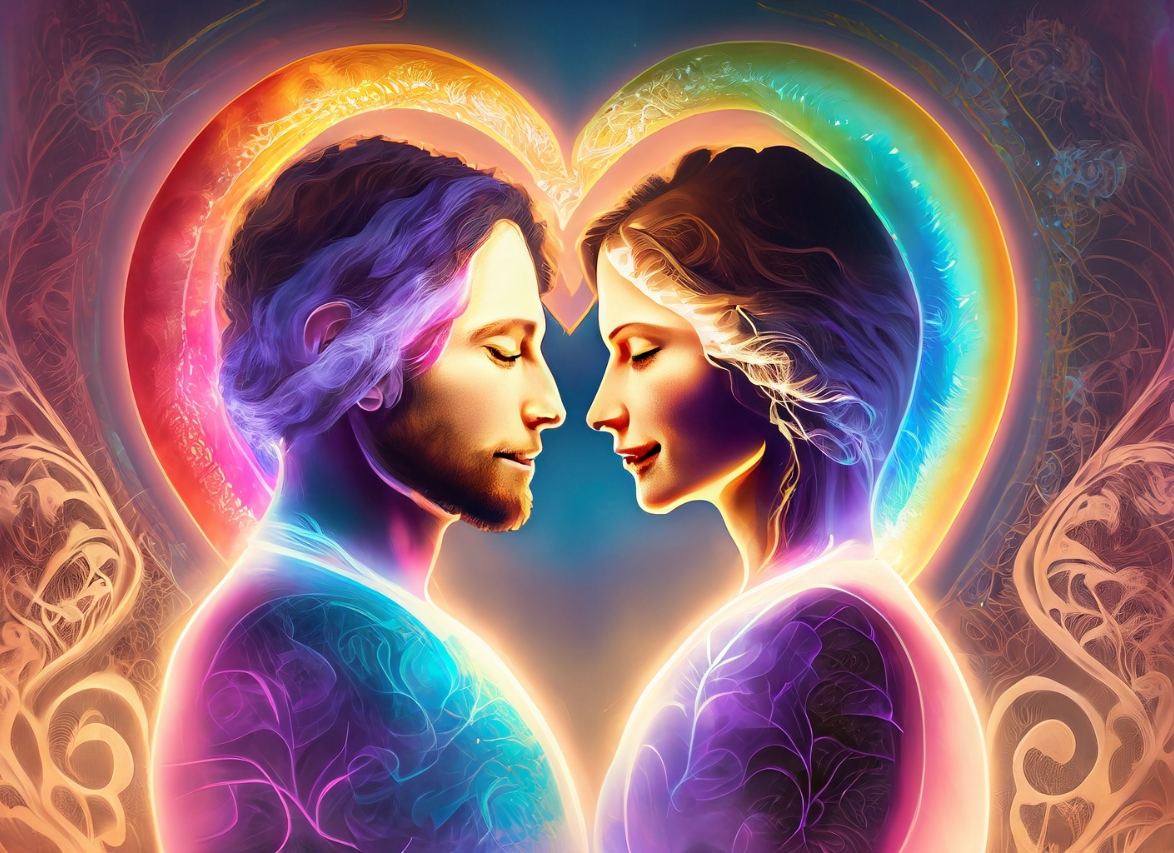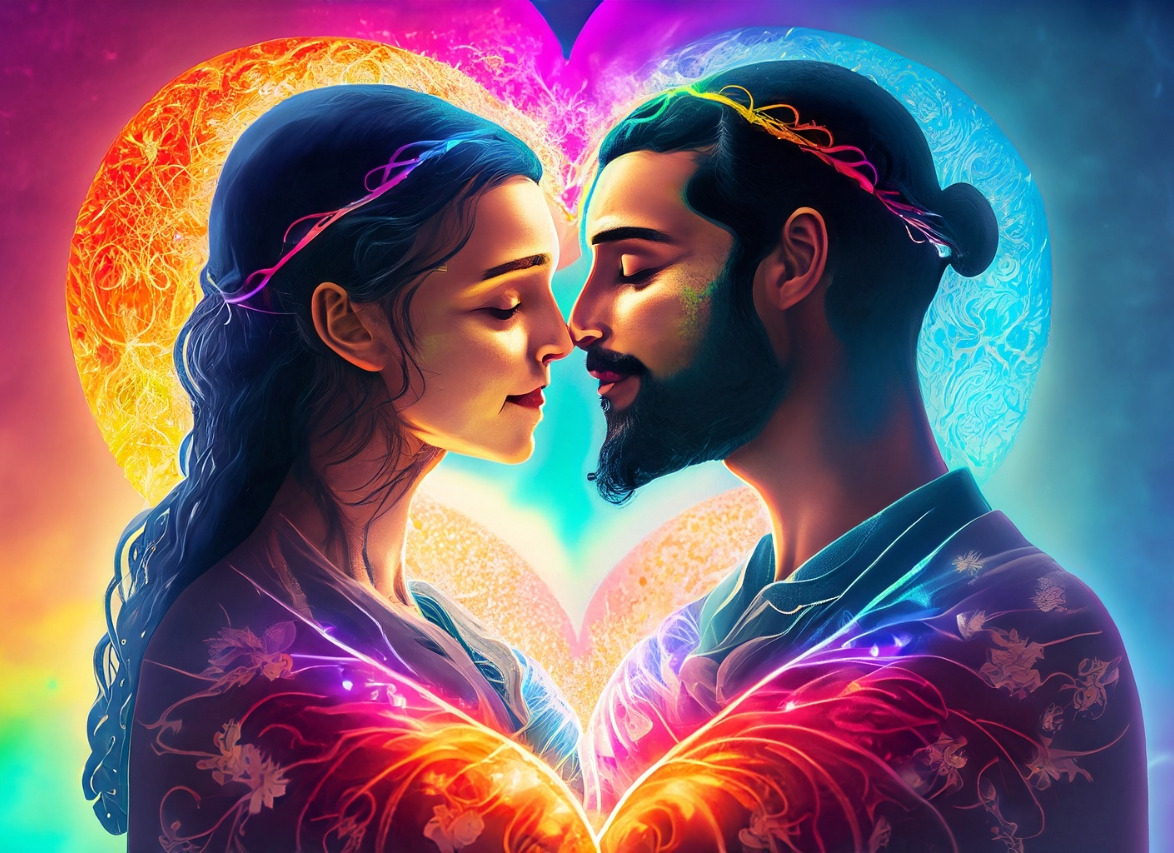Guiding You Towards 5D Consciousness
How to Understand Synchronicity and Twin Flames during 5D Ascension
Synchronicity and Twin Flames are profound concepts that emerge during the 5D Ascension journey.
continue
How to Recognize Twin Flames in the Fifth Dimension
In the ethereal realm of the fifth dimension, twin flames radiate a profound energy
continue
How to Recognize the Twin Flame Connection on the Path to 5D Ascension
Recognizing the twin flame connection is a profound step towards 5D ascension. It's a
continue






